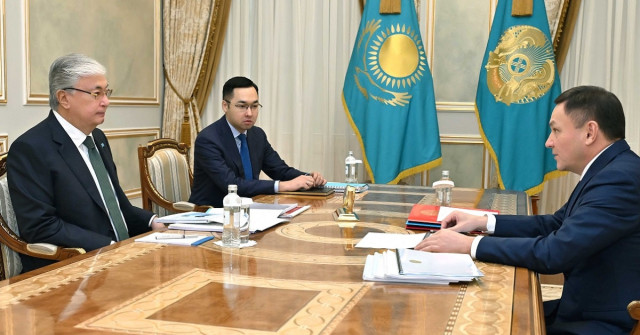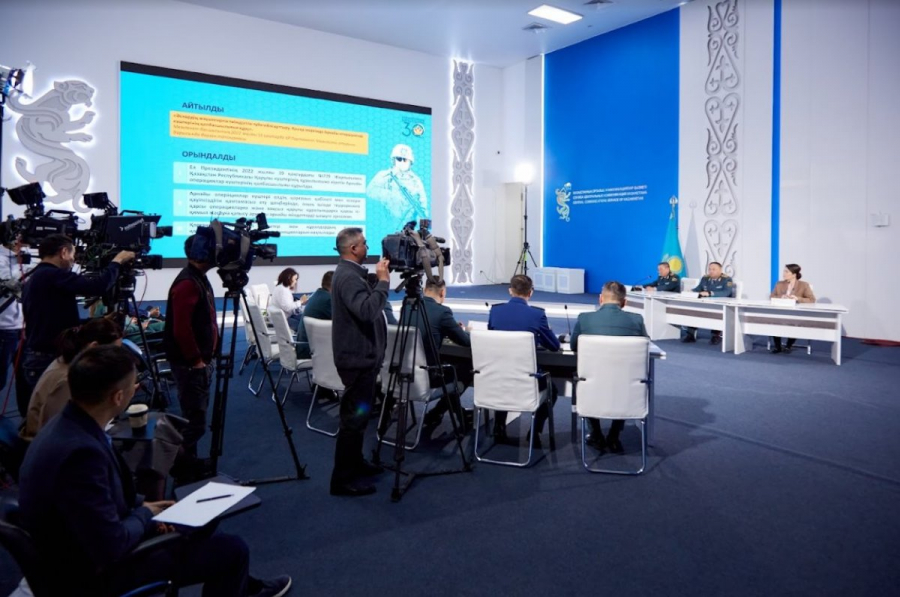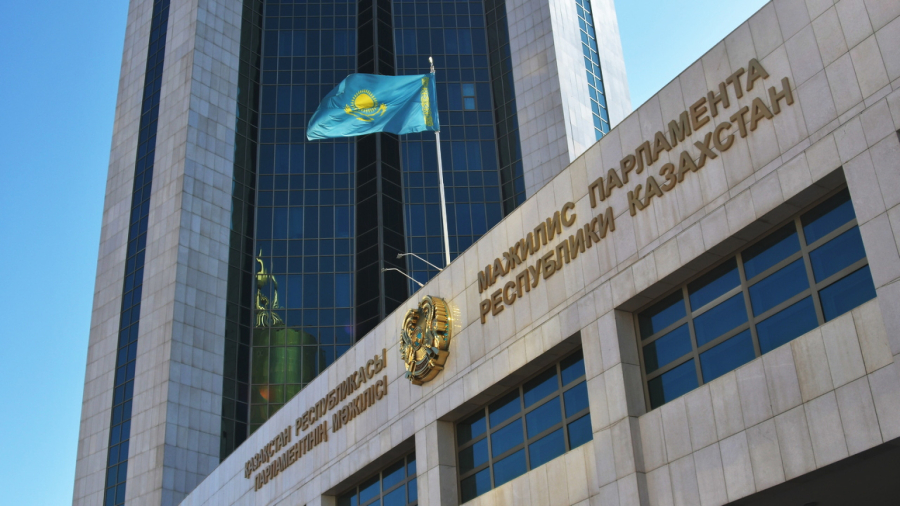
Kazakhstan has entered an era of
fundamental changes. Throughout the year, the country’s citizens have been
feeling the impact of real reforms resulting from the implementation of Kazakh
President Kassym-Jomart Tokayev's election program. This includes social and
political transformation, along with systematic changes in the economy and the
social sphere. According to political analysts, citizens are primarily witnessing
an increase in the minimum wage, extension of the duration of social benefits
related to childcare, implementation of the National Fund for Children program,
economic de-monopolization, and the return of illegally acquired and withdrawn
assets to the state. Additionally, a comprehensive democratic transformation of
Kazakhstan’s entire political system is taking place at an accelerated pace,
according to analysts.
“Kazakhstan consistently
continues the implementation of a multi-vector foreign policy with an emphasis
on preserving and advocating for national interests. Most Kazakh citizens
clearly feel that a period of significant changes is currently underway. In
politics, this entails a continuation of political modernization, including
through the election of district governors. In the economy, it is generally a
continuation of the processes aimed at de-monopolization, asset return,
measures related to the redistribution of national wealth, and support for the
social sphere,” said Arman Toktushakov, expert at the Institute of World
Economics and Politics.









